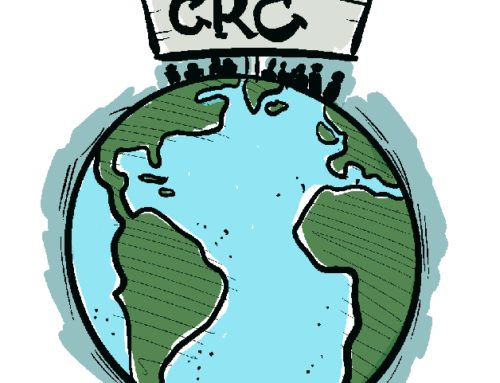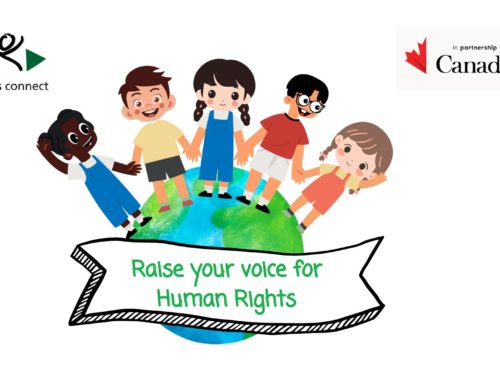For the first time, this year’s negotiations to develop a business and human rights treaty included considerations of child rights throughout the week of consultations, which took place from 26 to 30 October. This was the result of coordinated advocacy among Child Rights Connect, its members and partners to bring a child rights-based approach into the discussions.
In 2014, States established an open-ended intergovernmental working group (IGWG) to elaborate such a legally binding instrument to regulate the activities of transnational corporations and other business enterprises under international human rights law. This process aims to fill existing gaps in international law and complement other instruments such as the Guiding Principles on Business and Human Rights.
Although business enterprises significantly affect children in all aspects of their lives, the specific harms children endure are often ignored. Thus far, considerations of child rights had remained largely absent from the annual IGWG negotiations.
In September of this year, DKA Austria and the International Commission of Jurists (ICJ) developed a child-rights-based analysis of the latest draft of the treaty in order to identify how to strengthen the protection of children’s rights and children’s effective access to remedy in case of violations or abuses of their rights. The legal study recommends, for instance, that:
- States conduct impartial and independent child rights impact assessments;
- States require businesses to carry out children’s rights due diligence across their business relationships and within any global operations; and to have an effective monitoring system, and publicly and regularly communicate reports on their impacts on children’s rights;
- Businesses ensure that child-rights impact assessments consultation processes are accessible, inclusive and meaningful to children, and take into account the evolving capacities of children and their best interests at all times; and
- Businesses provide for or cooperate in remediation each time they identify that they have caused or contributed to adverse impacts on children’s rights, including through “operational-level grievance mechanisms” accessible to children, their families and those who represent their interests.
Based on the legal analysis, Child Rights Connect together with DKA Austria, the ICJ, ECPAT International, Geneva Infant Feeding Association, NGO Congregation of Our Lady of Charity of the Good Shepherd, Clínica de Direitos Humanos UFMG and Clínica de Direitos Humanos PPGD/PUCPR, among others, organized a virtual side event to present the findings of the study to States and advocated to strengthen child rights protections during the negotiations.
States, such as Panama, echoed some of our key messages during the discussions, which were reflected in the report of the session, on matters such as removing legal barriers or tolling statutes of limitation for children.
Going forward we will seek to maintain the momentum created during this session by contributing written input and participating in relevant consultations so that the next draft of the legally binding instrument contains a strong child rights-based approach.










Leave A Comment